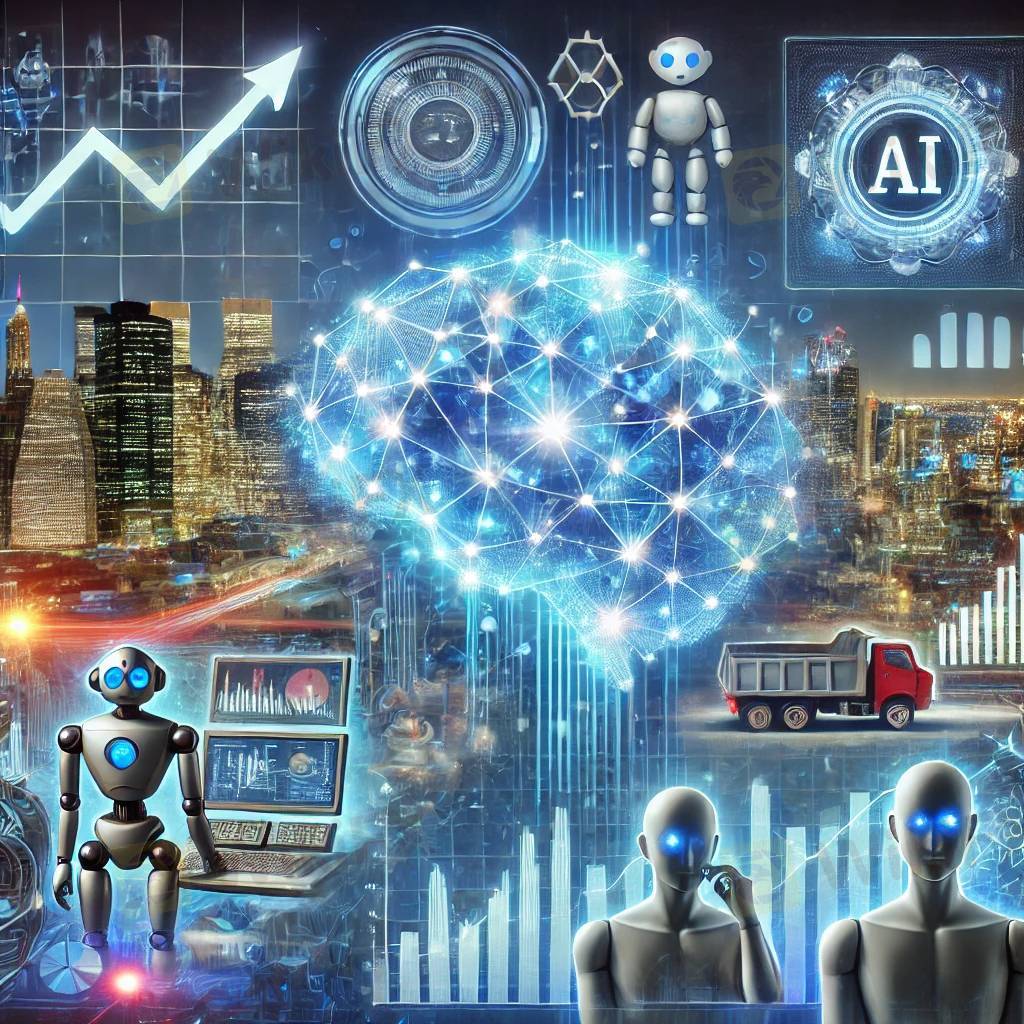
2025-02-17 19:54
IndustryThe Economics of Artificial Intelligence
#firstdealofthenewyearastylz
AI is transforming economies by boosting productivity, automating tasks, and driving innovation. While it enhances efficiency in industries like healthcare, finance, and manufacturing, it also disrupts labor markets by replacing routine jobs while creating new opportunities in AI-related fields.
AI’s economic impact extends to business models, reducing costs but requiring significant investments in data, computing power, and skilled labor. Market competition is influenced by AI, with large tech firms gaining advantages while startups leverage AI to enter new markets.
Wealth distribution remains a challenge, as AI-driven automation may widen income inequality. Governments are exploring policies like universal basic income, reskilling programs, and AI taxation to address these disparities.
On a global scale, AI is a key factor in economic competition, with countries investing in AI research to gain strategic advantages. Regulations on data privacy, fairness, and monopolies are shaping how AI integrates into economies.
Overall, while AI offers immense economic benefits, careful policy planning is needed to manage job displacement, inequality, and ethical concerns.
Like 0

Nike9214
FX会社一覧
Hot content
Industry
Event-A comment a day,Keep rewards worthy up to$27
Industry
Nigeria Event Giveaway-Win₦5000 Mobilephone Credit
Industry
Nigeria Event Giveaway-Win ₦2500 MobilePhoneCredit
Industry
South Africa Event-Come&Win 240ZAR Phone Credit
Industry
Nigeria Event-Discuss Forex&Win2500NGN PhoneCredit
Industry
[Nigeria Event]Discuss&win 2500 Naira Phone Credit
Forum category

Platform

Exhibition

Agent

Recruitment

EA

Industry

Market

Index
The Economics of Artificial Intelligence
 Hong Kong | 2025-02-17 19:54
Hong Kong | 2025-02-17 19:54#firstdealofthenewyearastylz
AI is transforming economies by boosting productivity, automating tasks, and driving innovation. While it enhances efficiency in industries like healthcare, finance, and manufacturing, it also disrupts labor markets by replacing routine jobs while creating new opportunities in AI-related fields.
AI’s economic impact extends to business models, reducing costs but requiring significant investments in data, computing power, and skilled labor. Market competition is influenced by AI, with large tech firms gaining advantages while startups leverage AI to enter new markets.
Wealth distribution remains a challenge, as AI-driven automation may widen income inequality. Governments are exploring policies like universal basic income, reskilling programs, and AI taxation to address these disparities.
On a global scale, AI is a key factor in economic competition, with countries investing in AI research to gain strategic advantages. Regulations on data privacy, fairness, and monopolies are shaping how AI integrates into economies.
Overall, while AI offers immense economic benefits, careful policy planning is needed to manage job displacement, inequality, and ethical concerns.
Like 0
I want to comment, too
Submit
0Comments

There is no comment yet. Make the first one.

Submit
There is no comment yet. Make the first one.